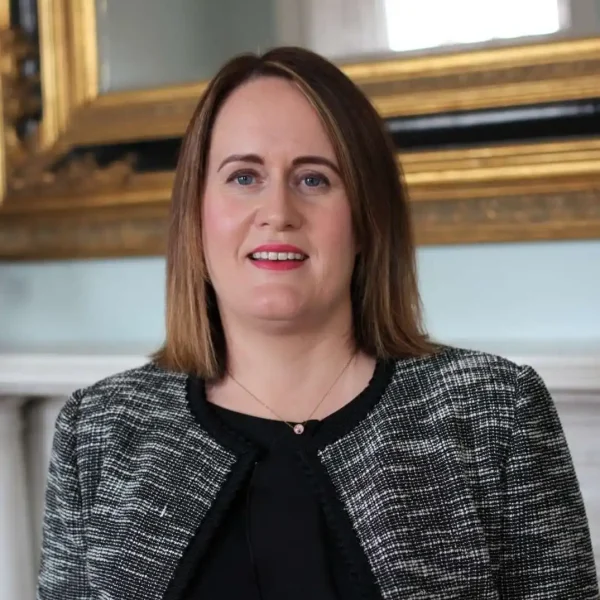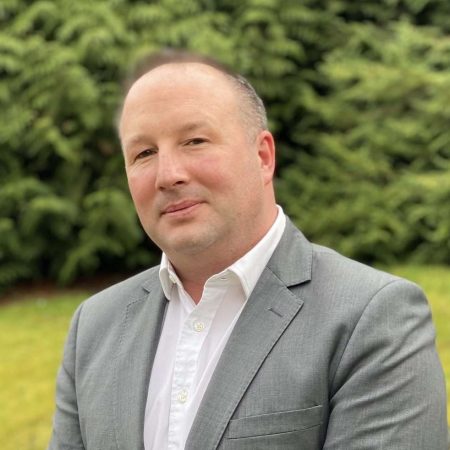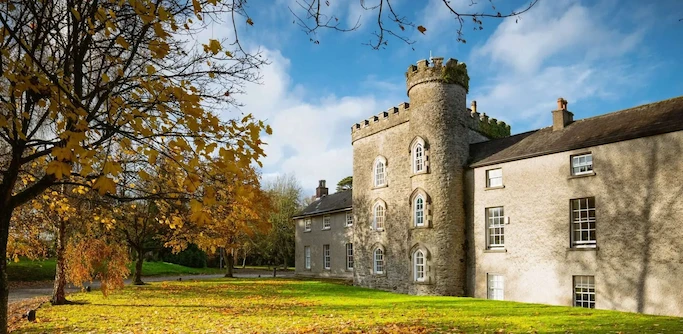
Personalised Treatment
At Smarmore Castle, your recovery journey is supported by our comprehensive, empathetic and professional approach to addiction treatment, tailored to your unique needs. We understand that addiction is a complex illness that can affect different areas of your life – that’s why we offer a holistic approach to addiction treatment, tackling not just substance misuse, but also addressing mental, physical, and emotional health.
Personalised Treatment Plan
We pride ourselves on providing individualised care. Our team will work closely with you to develop a treatment plan that suits your specific situation and goals. We believe in empowering you to take control of your recovery journey, equipping you with the tools necessary for successful long-term recovery.
Involving your family in your recovery process is also a crucial part of our approach. We offer family therapy sessions and educational programmes to help your loved ones understand the nature of addiction and how they can support you.
Our programme also incorporates relapse prevention strategies to help you deal with triggers and high-risk situations. We’ll teach you coping skills and stress management techniques to maintain your sobriety.
Wellness
Wellness activities are integral to our programme. From swimming and yoga to nature walks, we offer various activities to promote physical health and mental well-being.
Addictions We Treat
At Smarmore Castle, we are dedicated to providing comprehensive and compassionate care for individuals struggling with addiction and related mental health conditions.
Alcohol and Drug Addiction
We offer specialised treatment programmes for people dealing with stand-alone addictions, which are often the primary focus of their recovery journey. These addictions include:
Behavioural Addictions
In addition to primary addictions, we recognise that many individuals struggle with secondary addictions or compulsions that may occur alongside or as a result of their primary addiction. These include:
Dual Diagnosis/Co-occurring Mental Health Conditions
Recognising the complex relationship between addiction and mental health, Smarmore Castle stabilises co-occurring mental health conditions and manages them while addiction is treated.
Treatment at Smarmore Castle primarily focuses on addiction treatment. While we may admit individuals with a history of dual diagnosis, we do not provide specialised treatment for co-occurring mental health conditions. However, where possible, we will support individuals with a dual diagnosis in their addiction recovery. Conditions we can support include, but are not limited to:
- Trauma
- Depression
- Anxiety Disorder
- Mood Disorders

Download our Brochure
Meet Our Team




Our Treatment Programme
Your journey towards recovery at Smarmore Castle typically begins with a stay of four to six weeks, which may be extended based on your unique medical and substance misuse history, and the severity of your addiction. Here, you’ll experience a comprehensive treatment programme tailored to your needs and aimed at long-term recovery.
Our individualised care ensures that your treatment plan is as unique as you are. We understand that no two journeys are the same, and we’re ready to meet you where you are.
We incorporate a holistic approach that takes into account all aspects of your well-being. This encompasses:
- Physical health, through nutritious meals and physical activities.
- Mental health, with therapy sessions conducted by our expert team.
- Emotional well-being, by creating a supportive and understanding environment.
Family involvement is integral to our process. We believe that including your loved ones in your recovery journey builds a strong foundation for success.
At Smarmore Castle, we’re not just dedicated to helping you in the short term. We strive to equip you with the tools and resources necessary for a sustainable, long-term recovery. We’re with you every step of the way.
Detoxification
The first phase of treatment is detoxification, a medically supervised process designed to safely eliminate harmful substances from your body.
Detoxification isn’t without its challenges. The physical impacts can be unpleasant, with withdrawal symptoms ranging from mild discomfort to severe pain. But you’re not alone in this. You’ll receive all the necessary medical attention to manage withdrawal symptoms effectively.
But detoxification at Smarmore isn’t just about overcoming the physical side of addiction. Holistic approaches are a core part of the process. These include mindfulness exercises, dietary adjustments, and physical activities that address your overall well-being.
Emotional support during detox is paramount. The staff at Smarmore understand the emotional upheaval that detox can cause. They’re there to offer support, empathy and reassurance throughout the process. You’ll also have access to counselling services to help you navigate through this challenging phase.
Therapeutic Treatment
Once you’ve navigated the challenging path of detox, the next vital step in your journey at Smarmore Castle is psychological therapy. Here, you’re in the hands of our leading addiction specialists, who implement a variety of psychotherapy techniques to address the underlying issues contributing to your addiction.
The treatment at Smarmore Castle adopts a holistic approach, which includes a mix of individual and group therapies. These therapies are facilitated by qualified therapists who are accredited by the Addiction Counsellors of Ireland and the Irish Association for Counselling & Psychotherapy, among others.
Your treatment will involve:
Trauma therapy:
This component of the programme is trauma-informed, using a combination of one-to-one, trauma group and DBT to help you process your experiences.
Family Involvement:
Weekly educational Zoom lectures and discussions are held for family members, aiding their understanding of addiction and addressing co-dependency.
Holistic Therapies:
These include art therapy, mindfulness meditation, and aqua therapy, which help balance your body, reduce anxiety, and increase overall wellness.
Aftercare
We ensure you leave Smarmore Castle equipped with a personalised aftercare plan specifically designed to support your long-term sobriety. This plan ensures continuing support as you transition home, offering you weekly aftercare groups online via Zoom, at Smarmore Castle, and in Dublin, for a full 12 months. These groups are crucial for relapse prevention, helping you sustain the gains you’ve made while navigating through potential risks in your home and work environment.
In case of a relapse, a relapse group is available to help you work through the situation. It’s important to remember you’re not alone. You’ll find a wealth of support, understanding, and encouragement within these groups.

Contact Us Today
Begin Treatment With Smarmore Castle
Are you ready to take the first step towards your recovery? You can reach out to Smarmore Castle today for personalised addiction treatment options. Don’t let apprehension hold you back. Our compassionate staff are dedicated to assisting you through every step of your recovery journey.
Schedule Your Assessment
If you or a loved one are struggling, our team is here to help – contact us in confidence today.